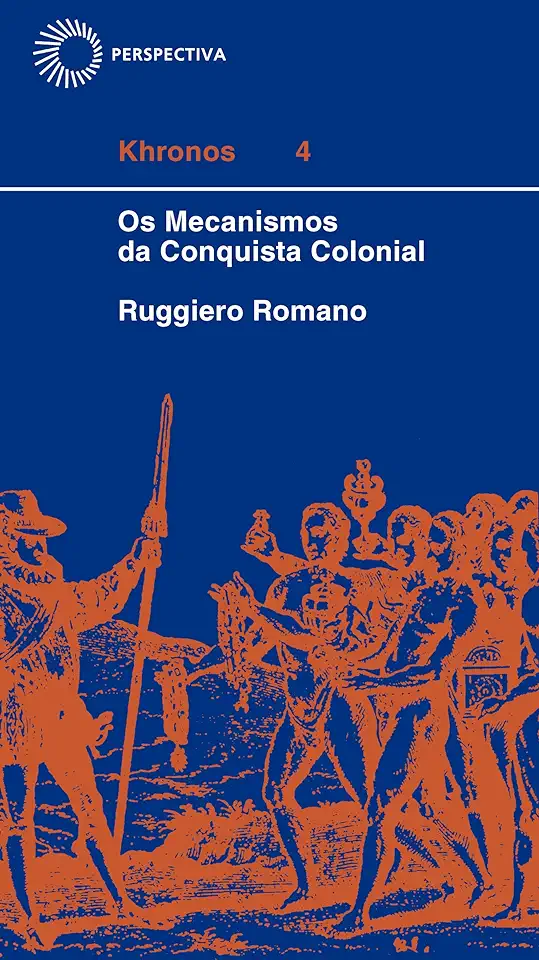
Mechanisms of Colonial Conquest - Ruggiero Romano
Mechanisms of Colonial Conquest: A Comprehensive Analysis
Ruggiero Romano's groundbreaking work, "Mechanisms of Colonial Conquest," delves into the intricate processes and strategies employed by European powers to establish and maintain their colonial empires. With meticulous research and compelling arguments, Romano unveils the underlying mechanisms that facilitated the subjugation of indigenous societies and the imposition of European dominance. This comprehensive analysis offers a profound understanding of the dynamics of colonial conquest, making it an essential read for historians, anthropologists, and anyone interested in the complexities of colonialism.
Unveiling the Hidden Structures of Conquest
Romano's work goes beyond the mere recounting of historical events. He meticulously dissects the mechanisms that enabled European powers to overcome the resistance of indigenous societies and establish their hegemony. By examining the economic, political, social, and cultural dimensions of conquest, Romano reveals the intricate web of factors that contributed to the success of colonial enterprises.
Economic Exploitation: The Driving Force
At the heart of colonial conquest lies the pursuit of economic gain. Romano demonstrates how European powers systematically exploited the resources and labor of indigenous societies to fuel their own economic growth. The establishment of plantations, mines, and other extractive industries led to the dispossession of indigenous peoples from their lands and the imposition of harsh labor conditions. This economic exploitation served as a fundamental mechanism for the accumulation of wealth and the expansion of European empires.
Political Control: Imposing Authority
Political control was another crucial mechanism employed by European powers to maintain their dominance. Romano analyzes the various strategies used to establish and consolidate political authority over indigenous societies. These strategies included the creation of colonial bureaucracies, the manipulation of local elites, and the use of military force. By establishing their political hegemony, European powers were able to suppress resistance and enforce their rule.
Social Engineering: Reshaping Societies
Colonial conquest also involved a profound transformation of indigenous societies. Romano explores the social engineering projects undertaken by European powers to reshape the social fabric of colonized regions. These projects included the imposition of European languages, religions, and cultural practices. By undermining indigenous social structures and identities, European powers sought to create a docile and compliant population that would facilitate their control.
Cultural Hegemony: Shaping Minds
Cultural hegemony played a significant role in the maintenance of colonial rule. Romano examines the ways in which European powers disseminated their cultural values and norms to colonized societies. This process involved the establishment of schools, missions, and other institutions that propagated European ideologies and worldviews. By shaping the minds of indigenous peoples, European powers aimed to create a cultural dependency that would perpetuate their dominance.
Resistance and Resilience: Indigenous Responses
Romano's analysis also acknowledges the agency of indigenous societies in the face of colonial conquest. He explores the various forms of resistance employed by indigenous peoples to challenge European domination. These forms of resistance ranged from armed rebellion to cultural preservation. By highlighting the resilience and determination of indigenous societies, Romano provides a more nuanced understanding of the colonial encounter.
A Must-Read for Understanding Colonialism
"Mechanisms of Colonial Conquest" is a seminal work that offers a comprehensive and insightful analysis of the processes and strategies employed by European powers to establish and maintain their colonial empires. Ruggiero Romano's meticulous research and compelling arguments make this book an essential resource for anyone seeking to understand the complexities of colonialism and its lasting impact on the world.